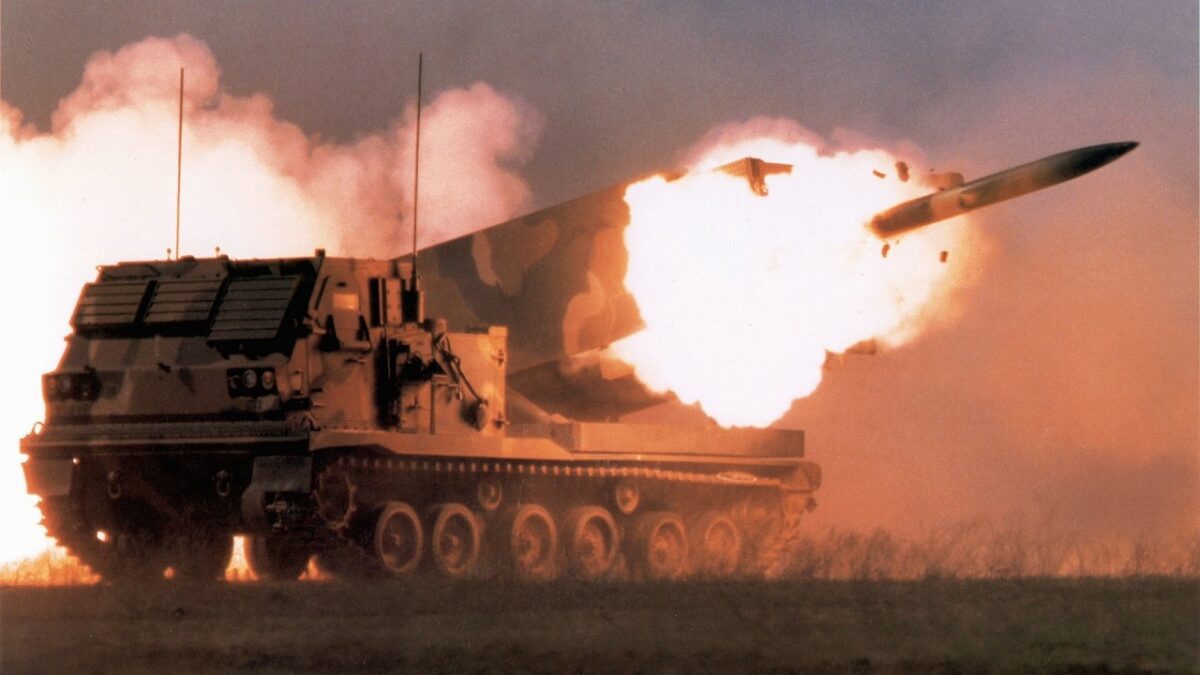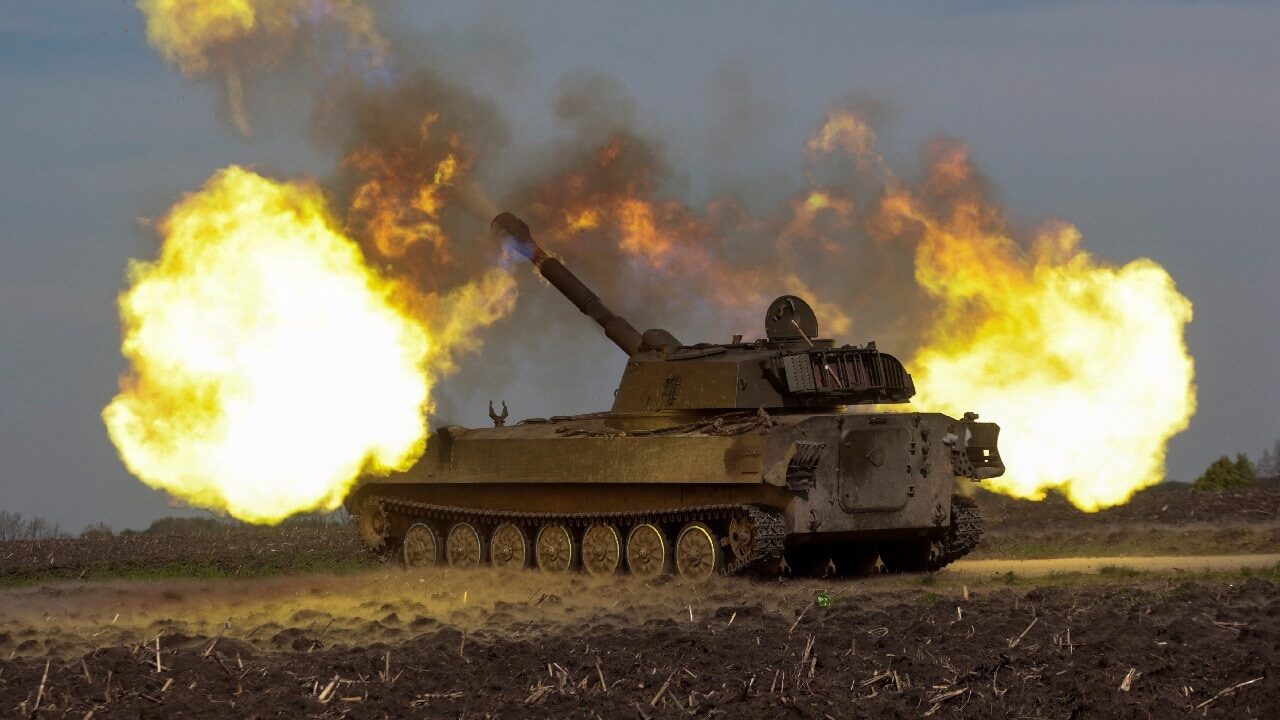What happens now in Ukraine? President Vladimir Putin’s decision to announce a partial mobilization of Russian manpower in service of winning the war against Ukraine represents one of the most important inflection points since the war began.
Putin’s declaration came in the wake of Ukraine’s successful offensive into the Kharkiv region and alongside a second offensive against Russian-held Kherson. At the same time, Russia revealed plans to accelerate a set of referendums in occupied territories that could provide the legal basis for the annexation of large chunks of Ukraine.
Together, the announcements open a new phase of the war, with implications for both the short and long term.
The Short Term in Ukraine
In the short term, the mobilization will impact the war mainly by changing time horizons. It will take some time for newly trained Russian recruits and conscripts to reach the front lines and be integrated into formations. An influx of poorly trained and poorly motivated personnel could stabilize thinly defended parts of the line, but won’t result in and of itself in a fundamental change in the balance of the conflict. Russian morale could benefit from the knowledge that help is on the way, although pushing the end of the war to the horizon could have the opposite effect, especially for troops who did not anticipate a long and protracted war. There are some indications, for example, that newly mobilized Russian soldiers are looking to surrender or defect rather than fight in Ukraine.
On the other hand, the mobilization order may motivate Ukraine, Russia, and the rest of the world to change behavior over the next few months. For Kyiv the situation is clear; for the next few months Ukrainian forces in the field may have a substantial advantage, but as Russia carries out its mobilization that advantage could dwindle. Kyiv thus has strong incentives to take as much advantage as possible of the favorable balance of power it now finds itself in. This may incline Kyiv into a more aggressive, risk-acceptant approach to retaking territory from the Russians.
For indirect participants in Europe and North America, the Russian mobilization indicates that Moscow does not think that it is winning the conflict, but also that it does not plan to quit soon. This has reaffirmed the commitment of many to continue supporting Ukraine, even as it poses difficult questions about the length and extent of the economic disruptions that have accompanied the conflict.
Ukraine in The Long Term
In the long term it’s harder to say how the military aspects of mobilization will play out. How long will it take for Russia to reconstitute its combat power into a force that can conduct offensive operations? The short answer is that we don’t know. Reports from Russia indicate that the system of training and mobilization, which had fallen into disrepair since the collapse of the Soviet Union, may have suffered badly during the first months of this conflict. The Russian Army may well have cannibalized its training formations in order to provide a short-term manpower boost at the front. If true, this means that troops will arrive at the front lines with only minimal training, likely incurring huge casualties.
The Russians have also lost substantial amounts of modern equipment, and while Russian industry can capably turn out low-tech munitions it does not appear to have the capacity to manufacture tanks or aircraft at a rate that can replace losses. Could Russia buy enough equipment to keep its force sufficiently capitalized? Probably not, unless China decides to intervene in the conflict in a major way. Russian purchases of Iranian drones have already made an impact on the war, but are unlikely in quantity or effectively to prove decisive. Russia’s fixed-wing aircraft losses have been extreme, to the degree that Russian aircraft no longer provide basic support for the front lines.
Thinking about war in the long term also changes the economic equations. Thus far, neither Russia nor the West have been able to inflict enough economic damage on the other to have a useful coercive effect. Over a longer horizon, there is little reason to think that Russia’s anemic economy will be able to outperform the much larger economies of its Western competitors. With the initial shock of the invasion fading, Russia’s ability to use energy as a weapon (and to benefit from high energy prices) also is waning.
What will Putin Do Next?
Putin resisted the decision to mobilize Russia’s warmaking capacity, probably out of concern that such a move would undercut support for the war at home. We should probably trust his political instincts; mobilizing is a dangerous move for the regime, which expected to win a war quickly and is now facing both protests and a mass exodus of military-age males.

NATO M270 MLRS. Image Credit: Creative Commons.
On the battlefield, it is not obvious that the mobilization will transform Moscow’s basic problem, which is that Ukrainian forces are growing stronger while Russian forces are growing weaker.
A 19FortyFive Contributing Editor, Dr. Robert Farley has taught security and diplomacy courses at the Patterson School since 2005. He received his BS from the University of Oregon in 1997, and his Ph. D. from the University of Washington in 2004. Dr. Farley is the author of Grounded: The Case for Abolishing the United States Air Force (University Press of Kentucky, 2014), the Battleship Book (Wildside, 2016), and Patents for Power: Intellectual Property Law and the Diffusion of Military Technology (University of Chicago, 2020). He has contributed extensively to a number of journals and magazines, including the National Interest, the Diplomat: APAC, World Politics Review, and the American Prospect. Dr. Farley is also a founder and senior editor of Lawyers, Guns and Money.

